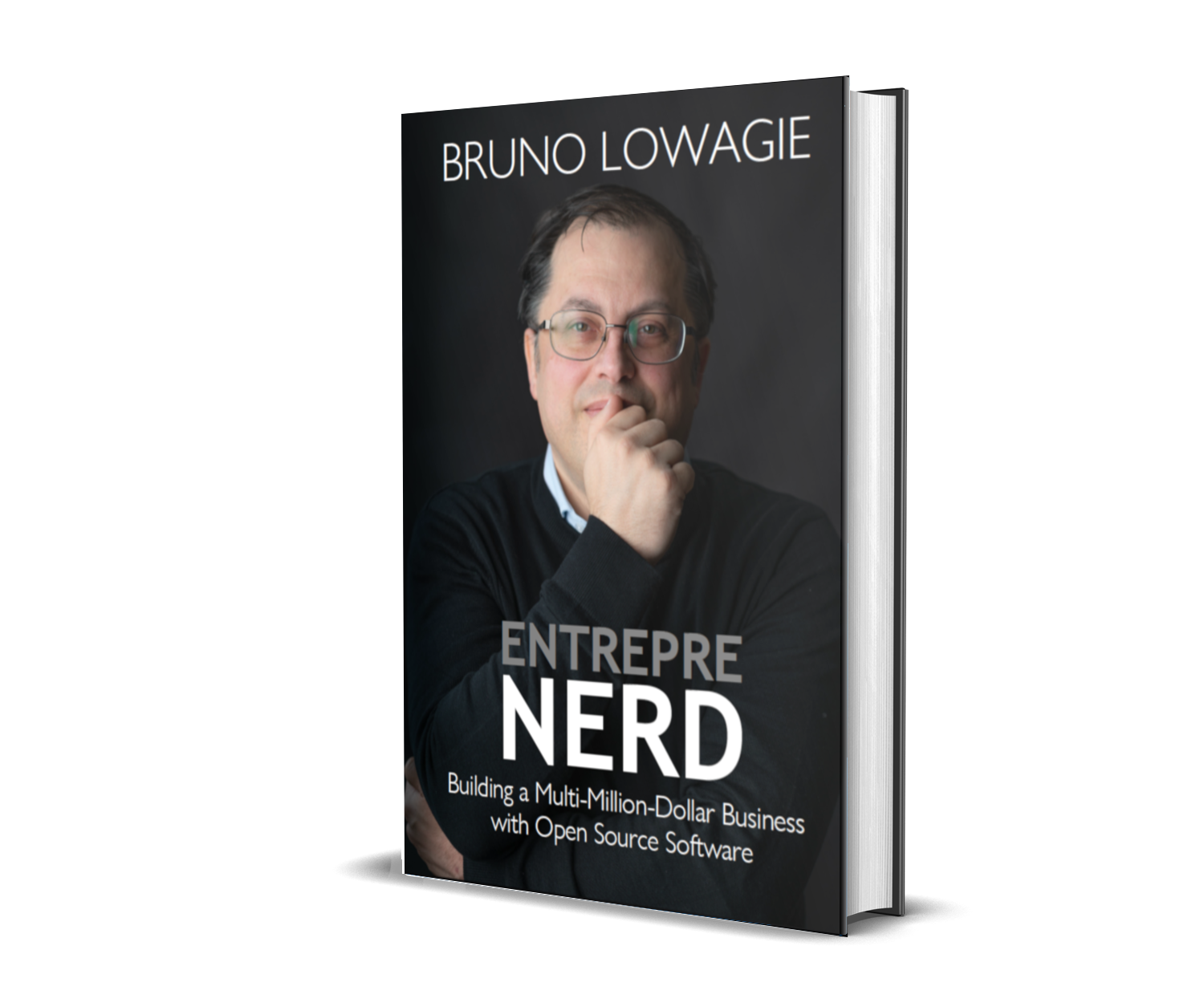0000-08-20
Getting Published
This is probably the most frustrating article in this series. If you're reading a guide to self-publishing, you've probably already tried to get your manuscript published by an author, but didn't find one willing to invest in your book project.
I was fortunate enough to write two books for Manning Publications, an American publisher specialized in books for developers. I didn't have to ask Manning if they wanted to publish my book; Manning asked me if I wanted to write a book for them. During the development phase of a book, Manning selects a series of reviewers who read the unfinished manuscript. These reviewers are asked to fill out a questionnaire in which they ask to comment on the book. At the end of the list of questions, they also ask about the reviewer's personal interests: "Good books are written by authors with technical depth and practical insight. Are there any topics and experts you think we should get to know? Could you tell us about someone who impresses you, and why? Do you have an idea for a book?" Apparently, my name came up enough times for Manning to reach out to me.
When my book Entreprenerd was still an idea, my greatest wish was to develop, produce, and publish the book the same way I had developed, produced, and published the books I wrote for Manning Publications. That is: as part of a team of more than a dozen people, including:
- the acquisition manager,
- the publisher's assistant,
- the publishing manager,
- the development manager,
- the developmental editor,
- the review manager,
- the production manager,
- the copy editor,
- the technical editor,
- the layout designer (a.k.a. typesetter),
- the proofreader,
- the cover designer,
- the marketing manager,
- the marketing & communications specialist,
- the administrative & executive assistant.
Those are the roles I remember, not including the reviewers; I may have forgotten some people.
If I wanted to "relive" that writing experience, I would have to find a publisher. As you can tell from my writing process—described in the article Writing a Book, I carefully prepare each book project. I decided to write my story in Dutch first. To prepare for this Dutch book, I wrote a series of short stories in Dutch, which I bundled in a book entitled Oceaanwees. I sent the manuscript of this book to three local publishers, Lannoo, Atlas Contact, and Polis, explaining that I planned to write a full-length book and that I was looking for a publisher to help me achieve that goal. I hoped that Oceaanwees, the literary awards and nominations I had won that year, the business awards and nominations I had won in previous years, and the fact that I had already published two books with an American publisher would be convincing enough for them to want to work with me.
I was wrong. From what I hear, most Flemish publishers have a "Don't call us, we'll call you" mentality. Most of the published authors I know in Flanders have been asked by the publisher to write a book—sometimes even a ghost writer was provided. As far as the three publishers I contacted were concerned, I was a nobody.
I would have to write my book on my own, and so I did. I sold about 200 copies of Gebeten, spending about about €3,200 euro ($3,840), mostly on printing and shipping, making about €4,200 euro ($5,050) in book sales. My profit was about €1,000 euro ($1,200). Given the fact that I had done little to no marketing, I considered this a success. The main goal of the Dutch version of my book was to get feedback. As I had gone through the complete publishing process on my own, without professional editors and proofreaders, I received many errata and several suggestions for improving the content. I used these comments when I started writing a new version of my book in English. I didn't want that new version to be a translation; I wanted to rewrite the story from scratch.
I wrote the first chapters in August 2020; In October, I wrote down my options to get published:
- Option 1: publish with one of the big five. It would be great if I could persuade Penguin Random House, Simon & Schuster, HarperCollins, Hachette, or MacMillan to work with me.
- Option 2: work with a literary agent. Option 1 is almost impossible if you don't have a literary agent. See for instance the Manuscript Submissions page on the Simon & Schuster website: "Simon & Schuster does not review, retain or return unsolicited materials or artwork. We suggest that prospective authors and illustrators submit their manuscripts through a professional literary agent."
- Option 3: find a publisher of business books. I found a web page listing 18 "Top Business Book Publishing Companies" with some interesting pointers.
- Option 4: find a publisher of technical books. A substantial subset of the target audience of my book consists of people with a technical background interested in creating their own business. It would make sense for a publisher such as Manning, Apress, or Pragmatic Publishers to publish my story.
- Option 5: self-publish. This is the fallback option of every author who doesn't find a publisher.
As always, I defined a deadline for every option.
I would abandon:
- Option 1 on October 15,
- Option 2 on November 1,
- Option 3 on November 15,
- Option 4 on December 1.
If none of the options were open anymore in December, I would go for Option 5.
Let's see how that worked out for me—or rather didn't work out as far as option 0 to 4 are concerned.
Writing a Book Option 1: My Strange Experience with Mr. Jones




